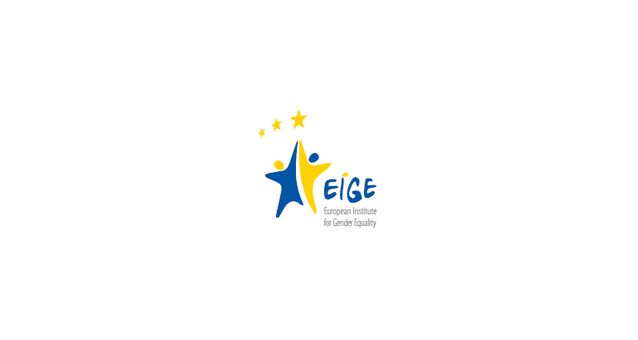EIGE releases new study: ’Gender Equality in Power and Decision-Making’

[Brussels, 9 December 2015]The European Institute for Gender Equality (EIGE) publishes a new study ‘Gender Equality in Power and Decision-Making’. The report is launched as the Council of the EU adopts Conclusions calling on the Member States and the Commission “to step up efforts to promote the equal representation of women and men in decision-making”.
The study looks at how men and women have been represented in power and decision-making positions in the public, economic and social sectors in all 28 EU Member States between 2003 and 2014. It also presents examples of initiatives taken by the Member States to promote women’s participation, in particular in leadership positions; and illustrates general trends in decision-making in various sectors, such as research institutions and academia, the media, and sports organisations. Whereas progress has been made in many areas, especially in politics, evidence shows that:
- POLITICS: While women’s representation in political decision-making is steadily moving towards gender balance, the persistence of gender-based stereotypes in the allocation of roles, both within political institutions and political culture in general, nevertheless continues to hinder progress towards equal representation.
- ECONOMY: In the economic sphere, progress in women’s representation has been most pronounced on corporate boards. Since 2003 the proportion of women on the highest decision-making bodies in the largest publicly listed companies has gradually increased from 9 % in 2003 to 20 % in 2014, in particular among Member States where binding legislation is in effect.
- FINANCE: In the financial sector, in particular at EU level, the rate of change has been very slow. Men dominate the governance of central banks and take up the majority of positions as presidents of boards. Of the 28 central bank governors, only one – of Cyprus – is a woman; and there are only two women finance ministers – from Romania and Sweden. Of the biggest companies publicly listed in the EU only 4 % have women Chief Executives.
- ACADEMIA: In 2010, only a minority of institutions in the tertiary education sector were headed by women and around a third of their board members were women. Although the proportion of women at the different stages of academic career advancement is beginning to improve, women still constitute a minority at the top of the academic hierarchy.
- MEDIA: The ‘glass-ceiling’ effect is also observed in media organisations, where the share of women in decision-making positions decreases in direct proportion to the level of seniority. In 2012, on average across the EU, women made up less than one fifth of the chairpersons and one third of the members of the highest decision-making bodies in the selected media organisations.
- SPORTS: While gender equality in sports, particularly the engagement of women in sports, has recently gained more attention in the Member States, representation of women and men in the decision-making bodies of European and national sports organisations remains limited.
The study was developed on request of the Luxembourg Presidency of the Council of the EU, to support the Review of the Implementation of the Beijing Platform for Action in the EU Member States and served as the basis to inform Council conclusions on “Equality between women and men in the field of decision-making”.
Read the full report.




